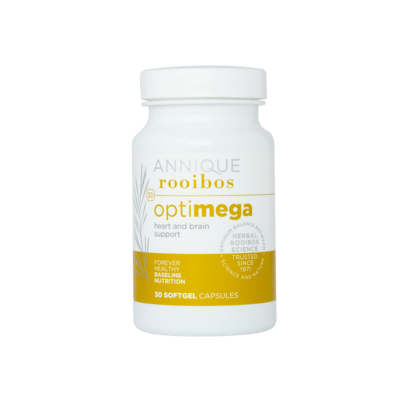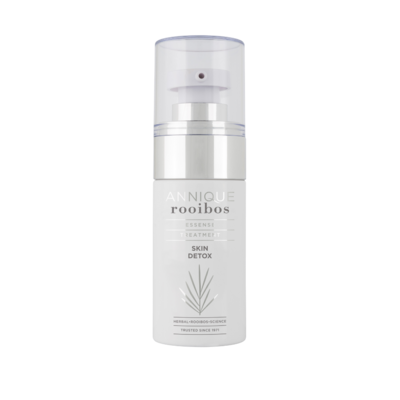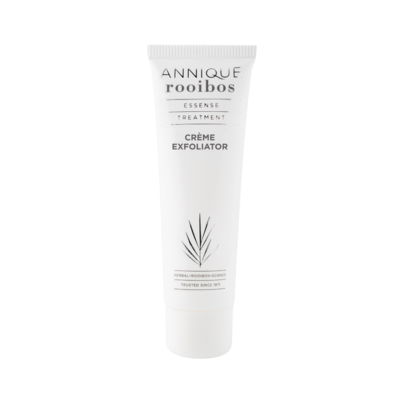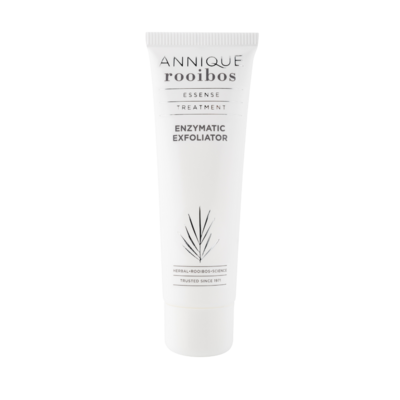It is a myth that acne clears up faster when blackheads or whiteheads are squeezed. In fact, squeezing come dones is far more likely to damage the skin than it is to make acne better. Here's how to treat it effectively.
Blackheads (lesions) are linked to increased oil production by the skin, a process regulated by increased levels of androgenic (male) hormones in puberty, and other periods of elevated hormone levels before menstrual period, etc.
Note: The "black" in blackheads is not dirt. It is dried oil and shed skin cells in openings of the hair follicles.
A lack of hygiene is not to blame for blackheads. Excessive washing and scrubbing would not really help.
The treatment for blackheads is aimed at addressing the causes:
1. The increased oil production of the skin
2. The increased shedding of skin cells.
Treatment helps to:
1. Remove skin debris in order not to clog the pores
2. Dries the skin
3. To slow the high levels of oil production
4. To eliminate blackheads
5. To prevent the progression to full-blown acne
Blackheads may persist for several years as the manifestation of plugged sebaceous follicles.
What to do:
There are many water-based, hypo-allergenic, over-the-counter creams, lotions and gels available to treat non-inflammatory acne like blackheads and whiteheads.
- Use a skin cleanser recommended by your dermatologist.
- The treatment of choice is either tretinoin (Retin A, containing retinoic acid, a vitamin A derivate), or adapalene (Differin) or benzoyl peroxide 5% (Panoxyl) in the evening. Both tretinoin and benzoyl peroxide may cause redness, burning and scaling (= irritation effect) and sensitivity to sunlight. When this occurs, apply medication every second evening until the skin settles.
- Never apply tretinoin with any over-the-counter medication, such as benzoyl peroxide.
- Other creams that can be used, include salicylic acid, alpha-hydroxy acids and tazarotene. These creams can be used twice daily to wash away the debris and surface oil.
- Shampoo your hair daily if it is oily.
Avoid this:
- Washing your face more than twice a day may irritate and dry your skin.
- Avoid hot water. Using hot water can make your acne worse.
- Do not squeeze, pick, scratch or rub your skin. If you do not apply direct pressure and apply pressure sideways or in a way that breaks the oil gland, it can aggravate your acne and lead to infection.
- Avoid greasy cosmetics. Note that some water-based foundations have oil in them. There is no need to enhance greasiness of the skin. (Zaakirah Rossier, Health24, April 2011)




































































